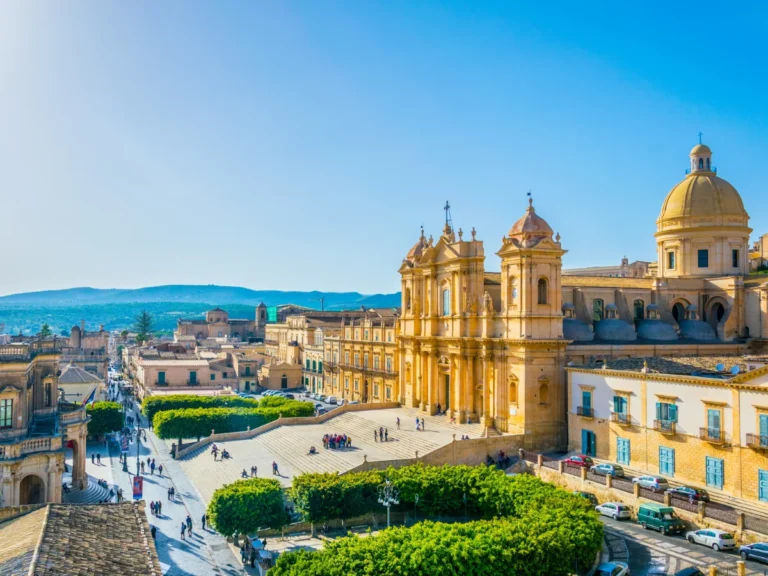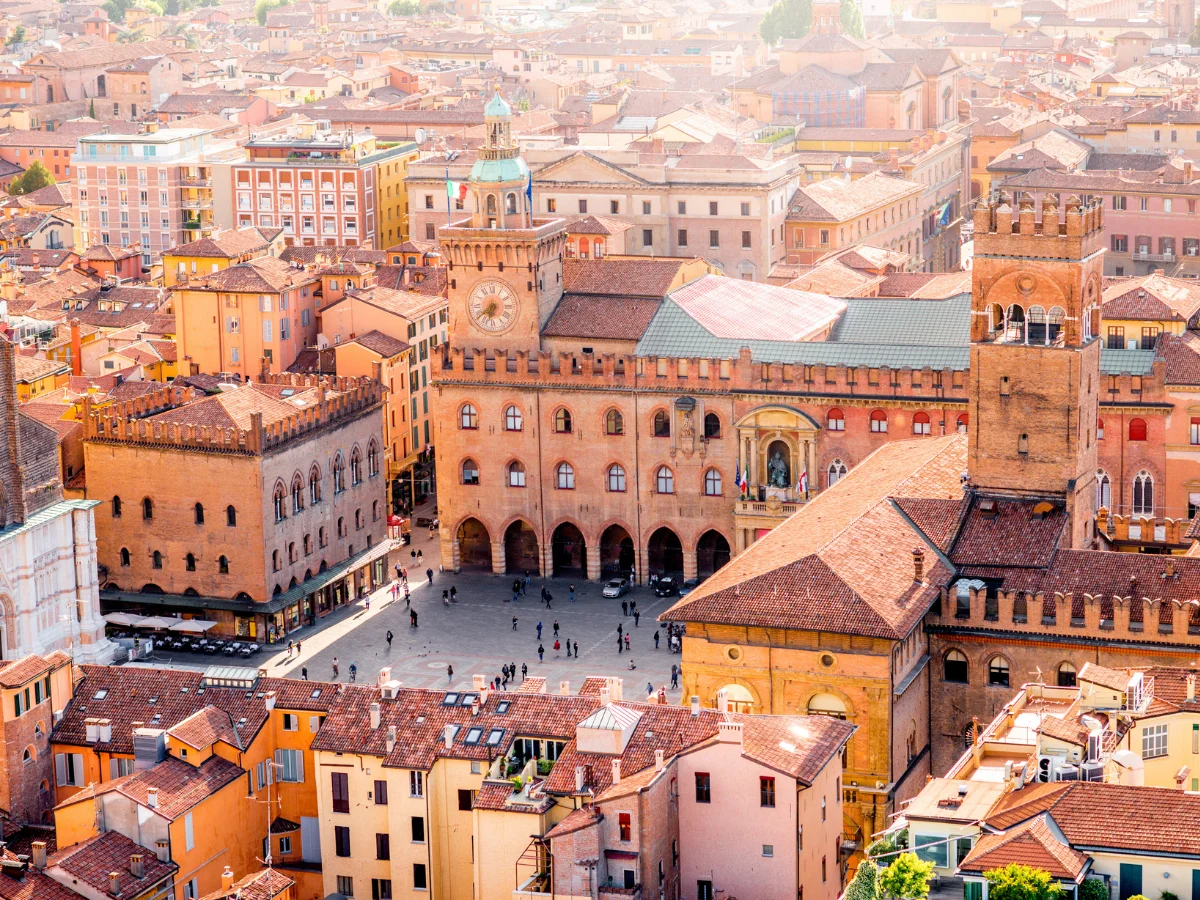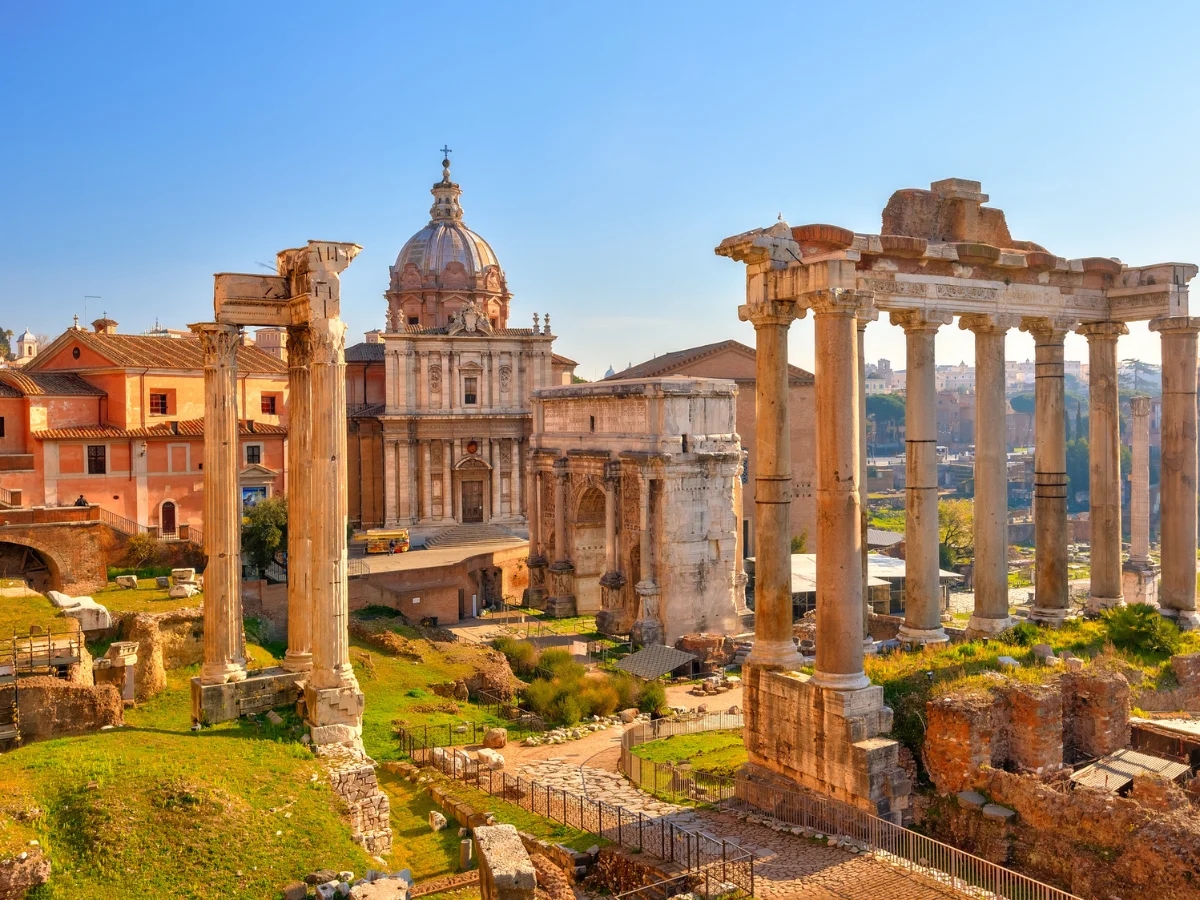The kings of Rome before the Republic
The kings of Rome before the Republic, including Romulus, Numa Pompilius, and Tarquinius Superbus, shaped the city’s early history. Each ruler brought their unique contributions, from Romulus establishing boundaries to Tarquinius Priscus introducing Etruscan influence. Transitioning from one reign to the next, Rome saw expansions, reforms, and conflicts. However, Tarquinius Superbus’s tyranny led to his overthrow, marking the end of monarchy and the birth of the Republic. Despite the legendary nature of their stories, the legacies of these kings endure, influencing Rome’s institutions, infrastructure, and identity, and setting the stage for its future greatness.

The kings of Rome before the Republic
Before the birth of the Roman Republic, Rome was ruled by a line of legendary kings, each leaving their mark on the city’s history and development.
Romulus: The Founder
According to legend, Rome was founded by Romulus in 753 BC. He established the city’s boundaries, its institutions, and its first army, shaping its destiny from the very beginning.
Numa Pompilius: The Lawgiver
Numa Pompilius succeeded Romulus and is credited with establishing Rome’s religious institutions and calendar. His reign brought stability and spiritual guidance to the growing city.
Tullus Hostilius: The Warrior
Tullus Hostilius was known for his military prowess and aggressive expansionist policies. Under his rule, Rome engaged in wars against neighboring tribes such as the Sabines, expanding its territory.
Ancus Marcius: The Builder
Ancus Marcius focused on expanding Rome’s infrastructure, constructing roads, bridges, and the first prison. He also fortified the city against potential threats.
Tarquinius Priscus: The Etruscan Influence
Tarquinius Priscus, of Etruscan origin, introduced Etruscan culture and architecture to Rome. His reign saw the construction of impressive public works, including the Cloaca Maxima.
Servius Tullius: The Reformer
Servius Tullius enacted significant reforms, including the division of Roman society into classes based on wealth and military service. He also fortified the city with the Servian Wall and introduced extensive social reforms.
Tarquinius Superbus: The Tyrant
Tarquinius Superbus, the last king of Rome, ruled with tyranny and oppression. His abuses of power led to his overthrow in 509 BC, marking the end of Rome’s monarchy and the beginning of the Republic.
Legacy
The era of Roman kingship, though steeped in legend and myth, laid the foundation for Rome’s future greatness. The legacies of these seven kings shaped the city’s institutions, infrastructure, and identity, leaving an indelible mark on the history of Western civilization.



